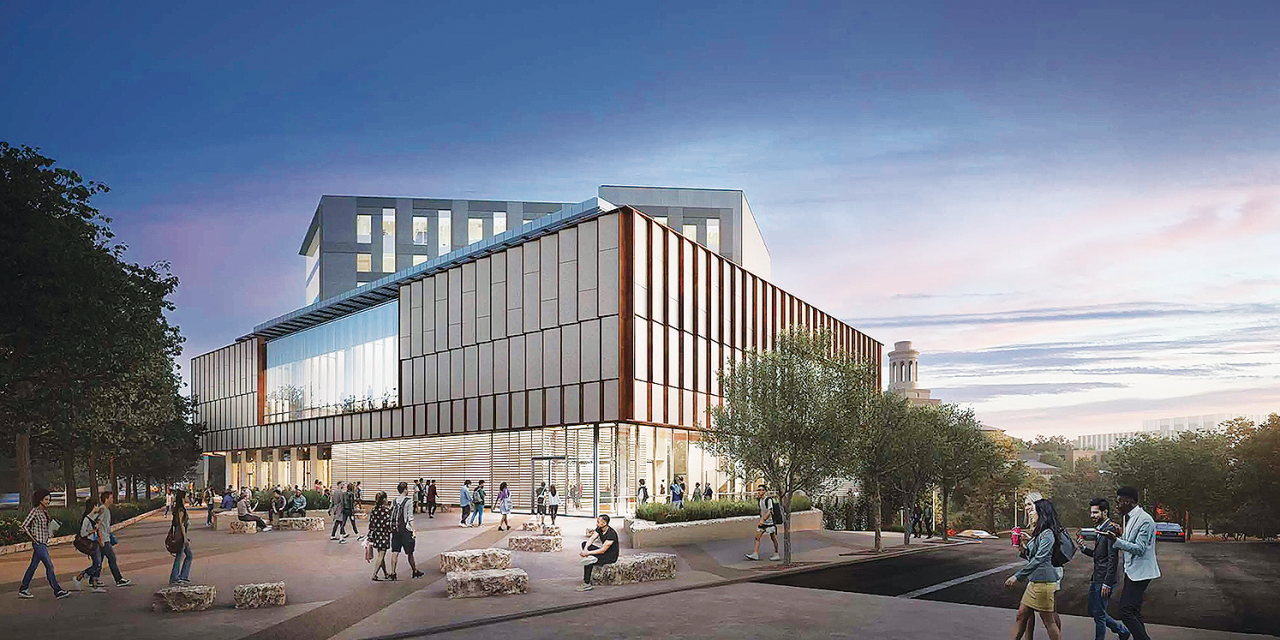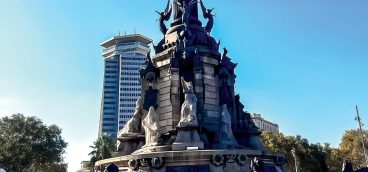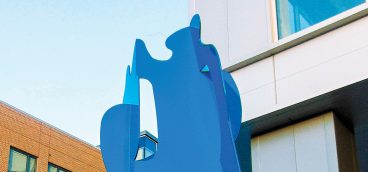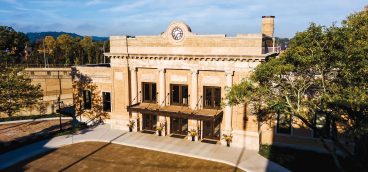Noteworthy Spring 2024

Welcome Nippon Steel
Lourenco Goncalves, the CEO of Cleveland Cliffs, was interviewed recently on CNBC about Nippon Steel’s deal to purchase U.S. Steel. Talk about protesting too much — he trotted out reason after reason why the deal is terrible. You’ll seldom see a CEO angrier about not being the winning bidder. And if he’d won, count on the fact that US Steel’s headquarters (and its 1,000 jobs) would have left Pittsburgh for Cleveland.
We’re hearing similar things from politicians who vow they’ll block the deal for any of a variety of reasons, including national defense. The last we checked, Japan was an ally of ours — an ally that depends on the U.S. for its defense.
For all the sound and fury, the fact is that when U.S. Steel announced in 2019 that it wanted to invest $1.5 billion in its Mon Valley operations, it did not receive the support of local government. What it did receive was delays, red tape and obstacles. Two years later, U.S. Steel ultimately changed its plans. Let’s face it, this is not a business-friendly area. Rather than welcome people and companies who want to invest here and work with them, all too often, we pick at and criticize them. (Look to Ohio for a different approach.)
Given recent history, we believe the Nippon Steel solution is a good one for Pittsburgh. Nippon has announced it will keep U.S. Steel’s headquarters here, which is great news. Rather than show ourselves to be xenophobic, let’s see this is an opportunity to throw our arms open to a new partner who actually wants to be here. Heaven knows we can use the diversity and the freshness that a new culture will bring. Beyond that, we need economic vitality. So let’s decide right now — from our political leaders to our citizens — to do an about-face and start a new chapter. Let’s create a welcoming business environment and help the people who want to bring jobs and business here.
Pittsburgher Named a Top-100 AI Leader
Pittsburgh entrepreneur and philanthropist Sunil Wadhwani has been named one of the inaugural TIME 100 AI leaders. The longtime Pittsburgh civic leader has received the honor of spearheading transformational AI innovation for his work bringing health care to underserved areas in his native India. Wadhwani co-founded IGATE, an IT services company, which was sold in 2015 for $4.5 billion. He and his brother Romesh, who also was honored, co-founded the Wadhwani Institute of Artificial Intelligence, which is creating and deploying AI solutions that pioneer innovation-driven approaches to transforming primary health systems in low-income communities. The work has helped 1,000 technology-enabled health clinics serve more than 30 million people with free health care in some of the most impoverished areas in India.
Building an Exciting Landmark at CMU
Plans have been unveiled for the creation of a $252 million, 340,000-square-foot building that will dramatically boost what is already one of this region’s greatest assets: Carnegie Mellon University. The interdisciplinary Richard King Mellon Hall of Science will host researchers and students from its Mellon College of Science and the School of Computer Science. The new building also will house the new Institute for Contemporary Art Pittsburgh (ICA), which will serve as a critical hub for art, culture and exchange. Early work on the site is slated to begin soon at the intersection of Forbes Avenue and South Craig Street in Oakland, adjacent to the Carnegie Museums.
Launched by a $75 million lead grant from the Richard King Mellon Foundation, the Hall of Sciences is expected to open in 2027. Designed to foster collaboration, the building will help CMU advance a new era of data-driven research, creative expression and cross-disciplinary education. Its situation is intended to be a gateway, connecting the university and the vibrant community. There will be an art gallery and a full-service restaurant on Forbes, and the building’s seven-story tower will contain labs, offices and other learning and collaborative spaces. The architect is ZGF. PJ Dick and Mascaro Construction will be construction managers. It’s great to see progress that will make a difference.
Go Big or … Else
For PNC Financial Services CEO Bill Demchak, the moral of last year’s regional banking crisis is “get bigger.” With 2008’s financial crisis still in memory and the May collapse of California’s poorly managed Silicon Valley Bank after runs on the bank, PNC is looking to build a national footprint. In comments in December and January, the head of the nation’s sixth-biggest bank made it clear that “scale matters today more than it ever has” and both being and becoming known as a national institution will help insulate PNC in times of crisis and financial instability. This “critical” move is good for Pittsburgh, and local political leaders should do what they can to help one of this region’s last big public companies thrive well into the future.
What Not to Do
Over the past few years, Bangladesh native Sukanta Nag opened four local coffee shops, which he called “Adda.” They weren’t working financially, and he called a meeting with his employees, asking how they could work together to solve problems. He says the only answer he received was that he should put in more money. Soon after, his employees decided to unionize, and a day after that, he decided to close the four shops. Since then, he has been vilified by local and state politicians who called his actions “wrong” and “unconscionable” at public rallies. And Pittsburgh’s barista battles have gone national with a story in the Washington Post in early February.
This is a free country, as the saying goes. Workers are free to unionize, carry posters and use megaphones to let people know their views. Politicians are free to pander to those voters and excoriate small business owners such as Nag. But business owners here and elsewhere are also free to decide where to deploy their capital and their energy. And if this area continues to be known both locally and across the country as a place where you become a target for an angry mob if you decide to close a failing business, word will continue to spread — it has already — that there might be better places for your start-up. Politicians take heed: We need jobs in Pittsburgh. Maybe someone should have tried to help this small business owner. Life is a two-way street.
Committed to Downtown
The Eden Hall Foundation has announced a $10 million investment in the continued revitalization of Downtown Pittsburgh. The Golden Triangle has suffered dramatically during and after the pandemic, with remote work substantially reducing occupancy in the once-crowded office buildings. That and lax policing over the past two years — with open-air drug dealing and just about all manner of behavior unbefitting of the region’s centerpiece — has caused the exodus of many Downtown businesses. It’s a very large commitment for a foundation the size of Eden Hall. And Eden Hall also has announced it’s joining the Allegheny Conference on Community Development, Pittsburgh’s storied public-private partnership that dates back to spurring the first Pittsburgh Renaissance. The Conference also has announced a new focus on revitalizing Downtown Pittsburgh. With civic groups working together, there’s nothing Pittsburgh can’t solve.











